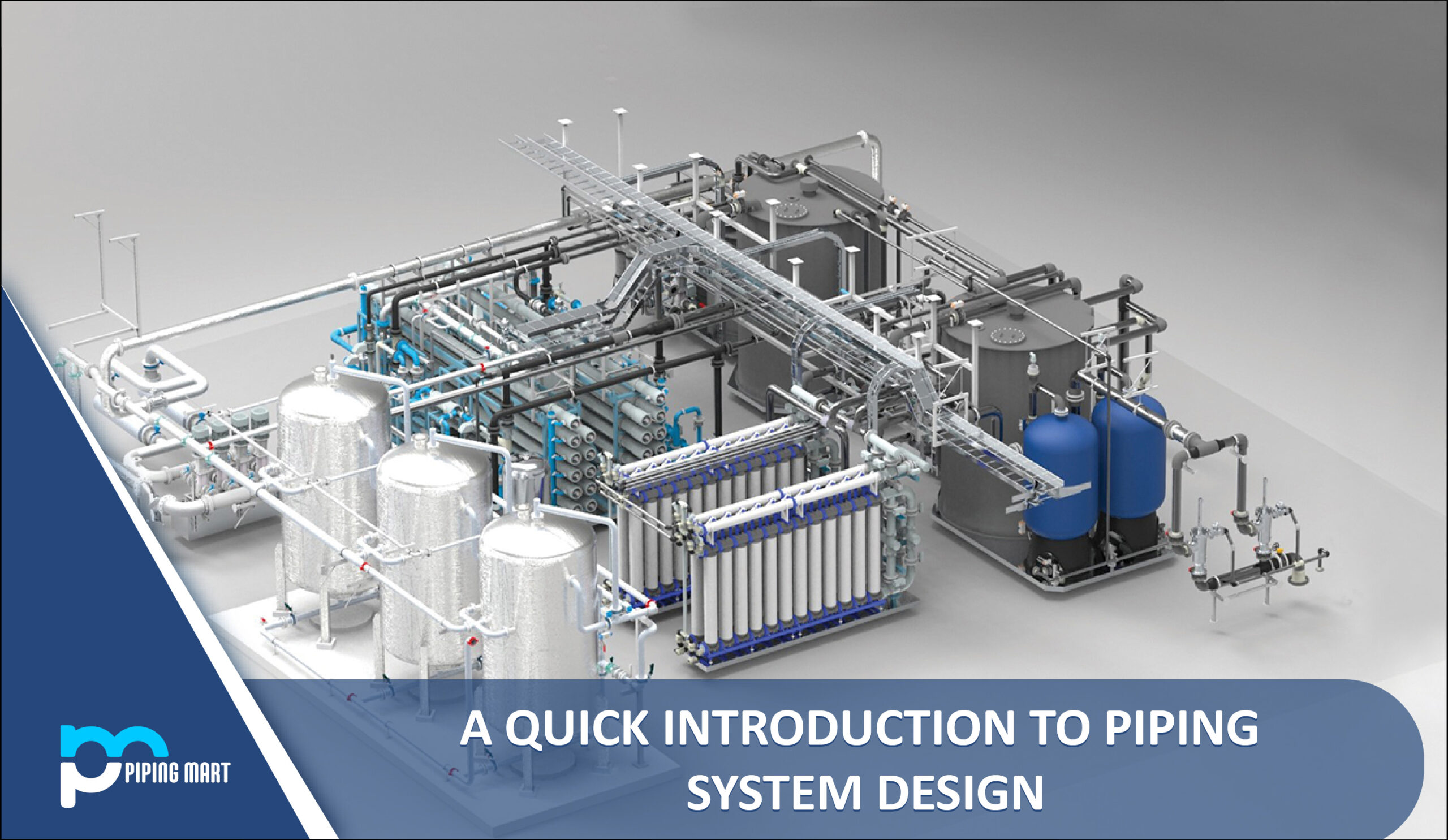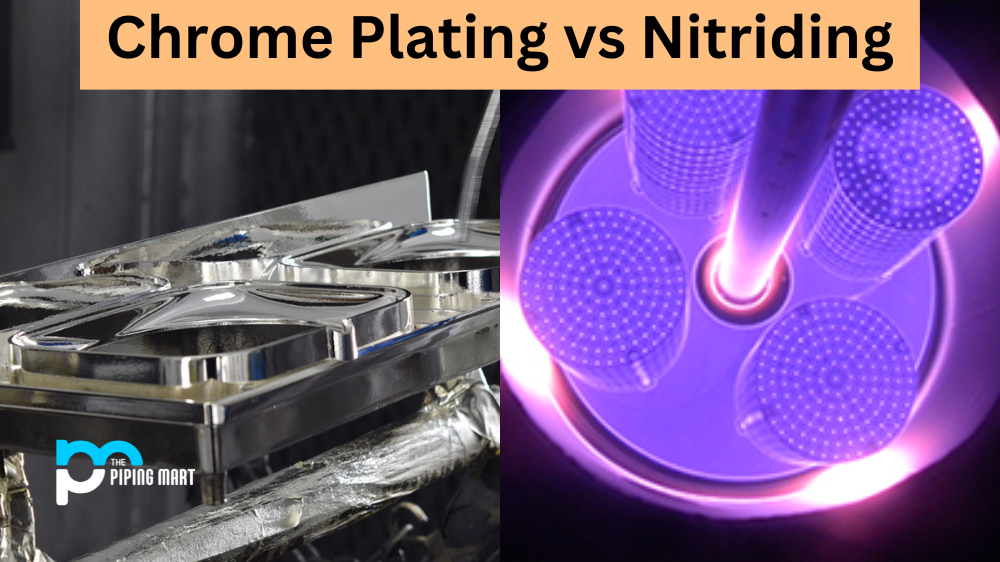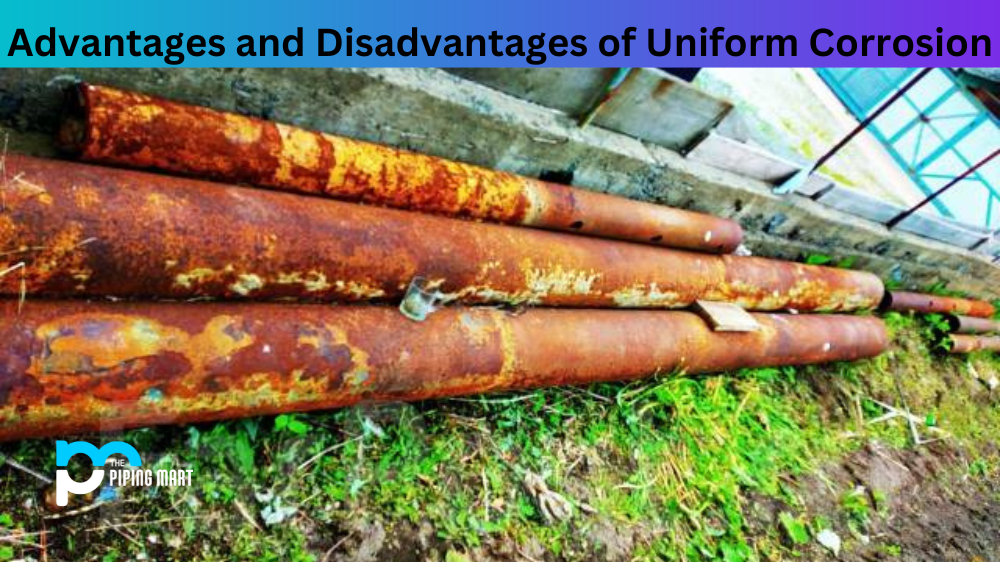Air bearings have long been recognized for their unique properties and advantages over traditional bearings, particularly in high-precision and high-speed applications. OAV air bearings stand out as an exemplary product in the air bearings market, known for their efficiency and precision.
In this article, we explore why air bearings are so crucial in various industrial applications.
Introduction to Air Bearings
Air bearings are a type of bearing that uses a thin film of pressurized air to support a load. This cushion of air eliminates contact between bearing surfaces, leading to an almost frictionless operation. The lack of friction means no wear and tear, no lubrication, and no noise – all of which are essential attributes for many industrial applications.
Comparing Air Bearings to Traditional Bearings
In many industrial applications, the choice of bearing system is crucial in determining the overall efficiency and reliability of the machinery. Traditional bearings, such as ball or roller bearings, come with their own set of advantages and disadvantages. While they may be more familiar and less expensive upfront, they often require lubrication, maintenance, and can generate heat due to friction. Moreover, the contact between the bearing surfaces can cause wear and reduce the overall lifespan of the bearing. In contrast, air bearings, especially those provided by OAV air bearings, have emerged as a superior alternative for applications requiring high precision, stability, and cleanliness.
Advantages of Air Bearings in Industrial Applications
Virtually Zero Friction
One of the most significant benefits of air bearings is the near elimination of friction. This makes them ideal for high-speed applications where traditional bearings would produce excessive heat due to friction, leading to thermal expansion and potential failure.
High Precision and Stability
OAV air bearings are known for their exceptional precision and stability, crucial in industries requiring accurate positioning, such as semiconductor manufacturing and metrology. The absence of friction ensures a smoother motion, which translates to higher precision in positioning systems.
Extended Lifespan and Reduced Maintenance
Air bearings have a longer lifespan than traditional bearings due to their non-contact operation. The absence of wear and tear means they require little to no maintenance, saving time and money in long-term industrial applications.
Clean Operation
Air bearings don’t need lubricants, which can contaminate the surrounding environment and require regular replenishment. This makes air bearings, particularly OAV air bearings, ideal for cleanroom applications such as pharmaceutical manufacturing and electronics production.
Industrial Applications of Air Bearings
Semiconductor Manufacturing
Air bearings play a crucial role in semiconductor manufacturing equipment due to their precision, stability, and cleanliness. They are used in wafer inspection systems, lithography machines, and more. OAV air bearings have been especially beneficial in this industry, providing reliable performance and improving production efficiency.
CNC Machines
CNC (Computer Numerical Control) machines require high precision and smooth motion for accurate milling, turning, and drilling operations. Air bearings are an excellent fit for these machines, offering high-speed capabilities without the risk of thermal expansion affecting accuracy.
Metrology and Inspection Systems
Precision is critical in metrology and inspection systems. Air bearings, such as OAV air bearings, provide the stability and accuracy needed for these applications. Their frictionless motion ensures that measurements and inspections are precise and repeatable.
Aerospace Testing
Air bearings are used in aerospace testing rigs for their high-speed capabilities and stability. They allow for accurate simulation of flight conditions and provide reliable data for aerospace engineers. OAV air bearings have been employed in such applications for their consistent performance and reliability.
Challenges and Solutions
Despite their advantages, air bearings have some challenges. One is the need for a continuous supply of clean, dry air. In industrial settings where air quality can be a concern, it is essential to have proper filtration and air supply systems in place.
Another challenge is the higher initial cost compared to traditional bearings. However, the long-term benefits of reduced maintenance, extended lifespan, and improved performance often outweigh the initial investment.
Future Prospects of Air Bearings in Industrial Applications
As technology advances and industries continue to seek more efficient and reliable solutions, the demand for air bearings in industrial applications is likely to grow. With their numerous advantages over traditional bearings, including virtually zero friction, high precision, and clean operation, air bearings are set to become an integral part of various industries. OAV air bearings have already established themselves as a reputable and trusted product in the market, and we can expect to see their continued adoption and integration into a wide range of industrial applications. As more industries recognize the long-term benefits of air bearings, we can anticipate further advancements in air bearing technology and broader applications in the industrial sector.
Final Words
Air bearings have proven to be invaluable in various industrial applications, offering benefits such as virtually zero friction, high precision, extended lifespan, and clean operation. Industries ranging from semiconductor manufacturing to aerospace testing have benefited from the unique properties of air bearings. OAV air bearings stand out as a leading product in this field, providing reliable and efficient solutions for diverse applications.
In conclusion, air bearings play a crucial role in the industrial sector, offering significant advantages over traditional bearings. While they may have some challenges, the long-term benefits and advancements in technology make them a worthwhile investment for industries seeking high precision, stability, and efficiency.

Pipingmart is a B2B portal that specializes in metal, industrial and piping items. Additionally, we share the latest information and information about materials, products and various types of grades to assist businesses that are involved in this business.






